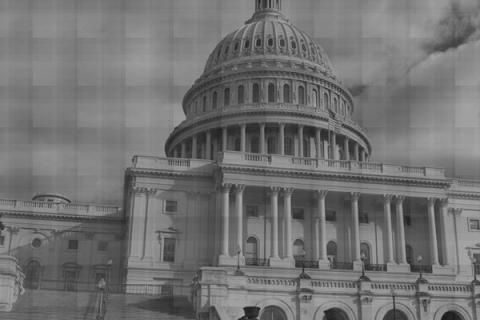Following the presidential election of 2008, the term “independent” became much more familiar in the political realm. Credited with helping to seal the victory for President Obama, media outlets and politicians began to take notice of the growing group of individuals who identified themselves as independents.
But, unlike the Tea Party activists or organizations such as MoveOn.org, independents are still viewed as somewhat of a grassroots contingent, holding little political power and little government representation. These aforementioned organizations have two important characteristics which independents still lack: unity and legitimacy. For independents to gain legitimacy, they must adopt these traits to gain the credibility they so desperately desire.
Recent polls have shown that nearly 40% of the American population considers their political identity as independent. That number is higher than both those who claim themselves as Republicans or Democrats. With this substantial majority, it is hard to believe that independents wouldn’t be a dominating faction in Washington. However, with a little thought and a bit of research, it's actually pretty easy to see why independents are on the outside, looking in.
Independents have no unity. Scour the internet for a few minutes, and you’ll find dozens of independent organizations scattered across every state in the U.S. These organizations all have similar purposes: opening up the political process, loosening the restrictions on third party candidates in primaries, and having open primaries in their respective states. While they have numerous similarities, they also share a significant weakness. Independent organizations lack coordination.
Though they hold events and fundraisers in their home states, they rarely seek to act on a national level. One trait that has made the Tea Party explode on the scene, was their ability to coordinate with groups in other states, as well as unifying their many factions across the U.S. To attain legitimacy, independents must unite on a national level.
Independents also lack candidates. Restrictions on third party candidates in nearly every state has made it almost impossible to get elected on an independent ticket. As a result, candidates who regard themselves as independents will run as a Republican or Democrat to avoid these varying hurdles. For independents to gain legitimacy, they must have government representation. To achieve the representation they desire, the political process needs to be opened. It should be the goal of these independent organizations to repeal the laws which enforce unfair restrictions upon independent candidates. Not just in their home state, but in every state.
Independents are out there. The media knows it. Politicians know it. The only problem is that independents have worked to their own detriment. Independents must seek a larger purpose, and a greater goal. If WE don’t work together soon, we’ll never have representatives working for US, in Washington.
